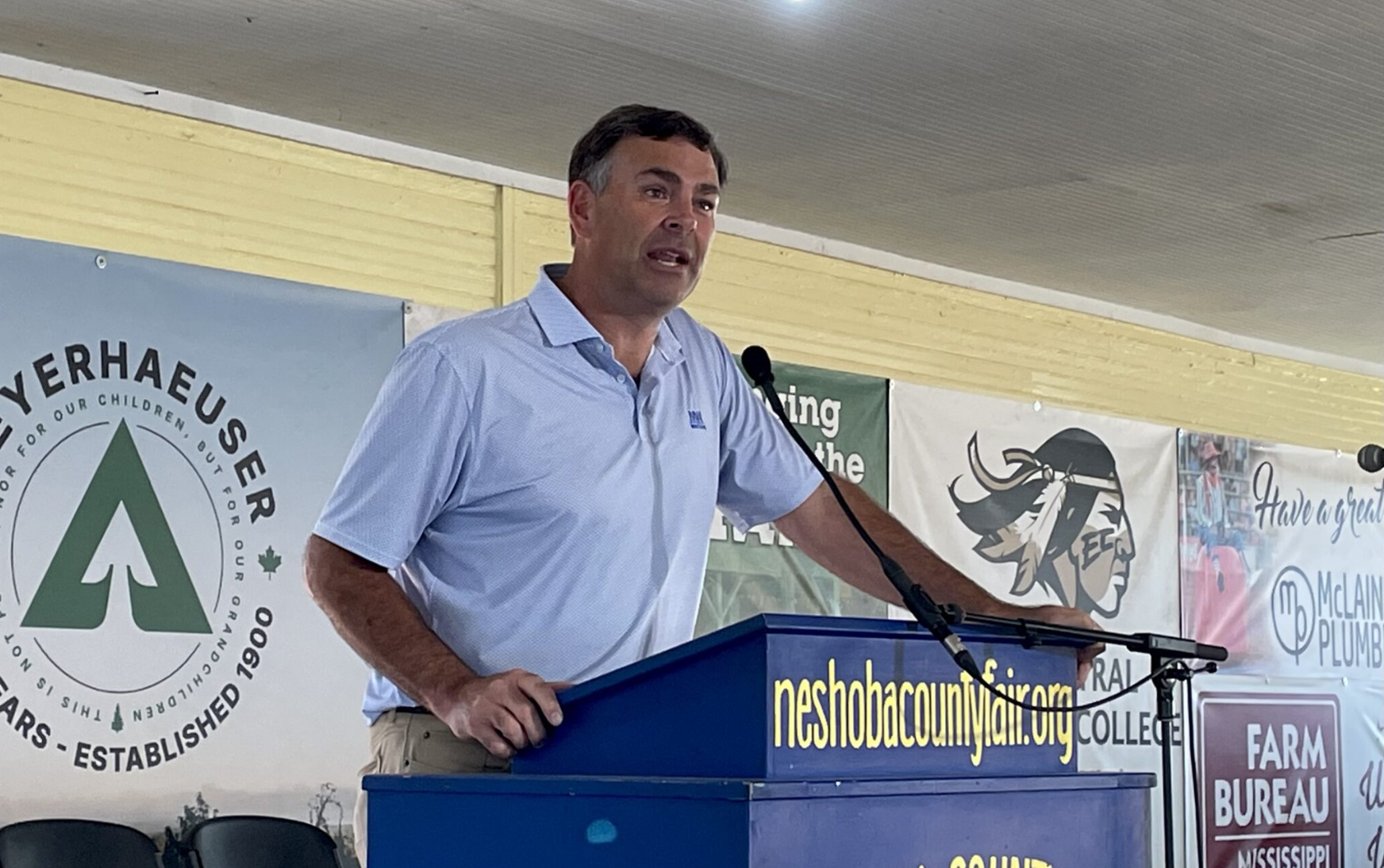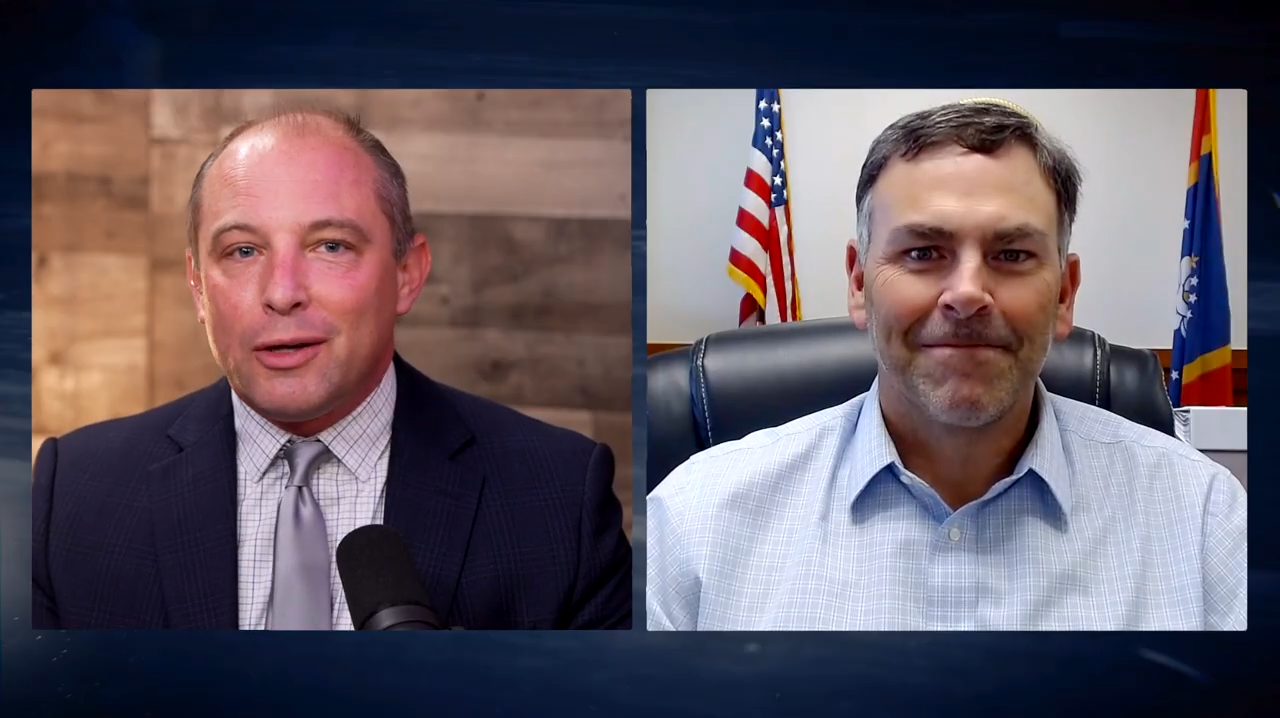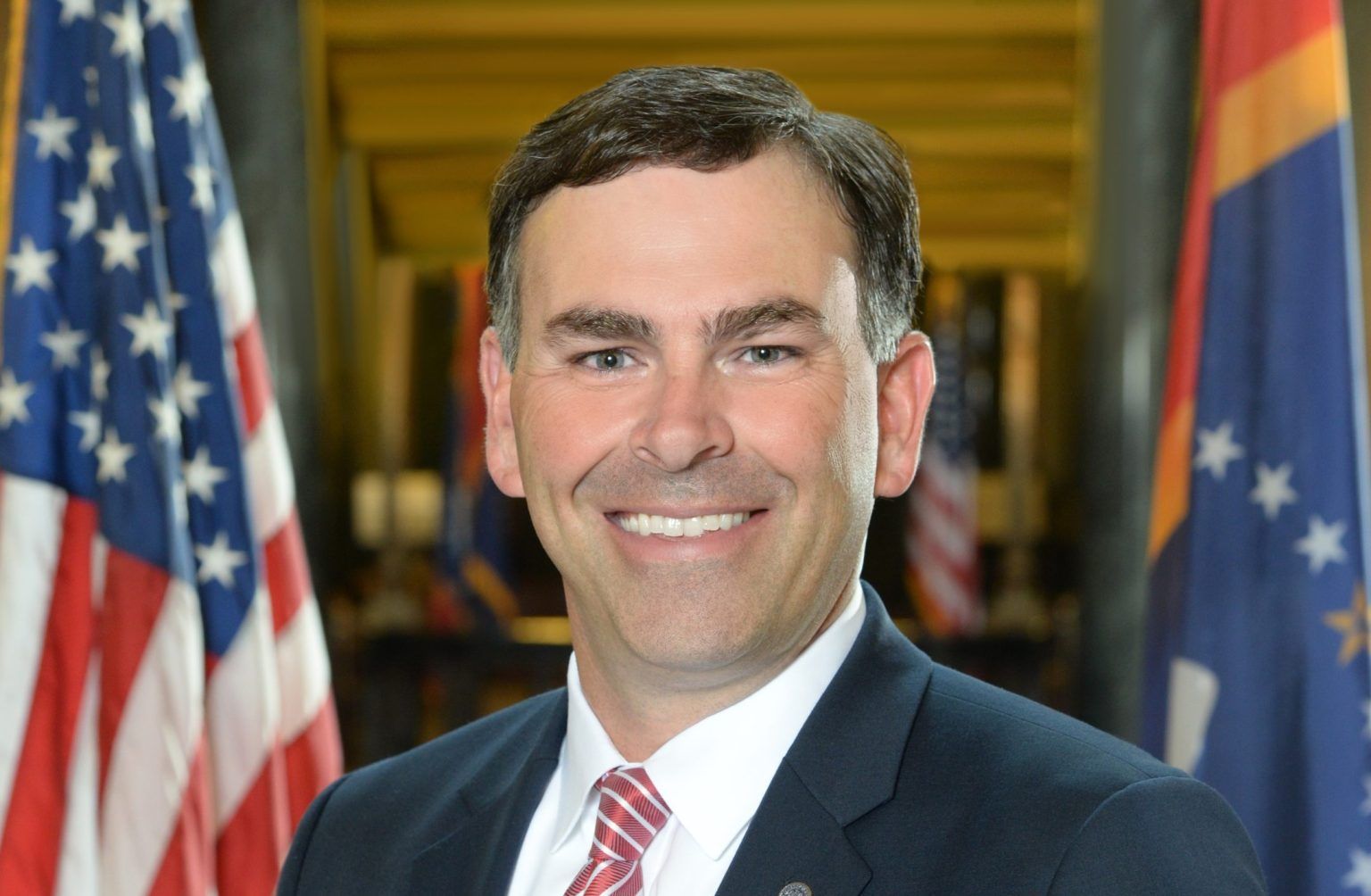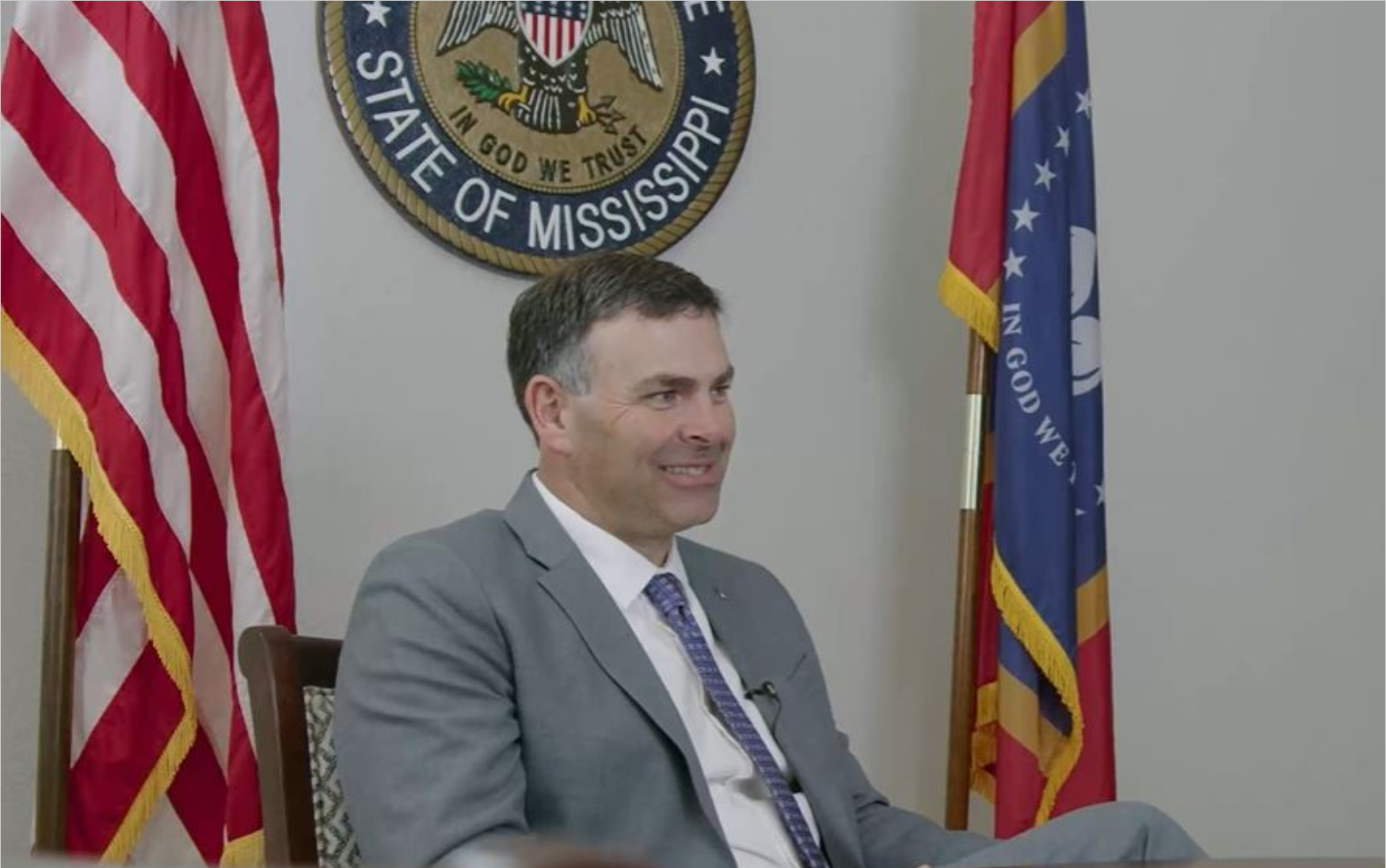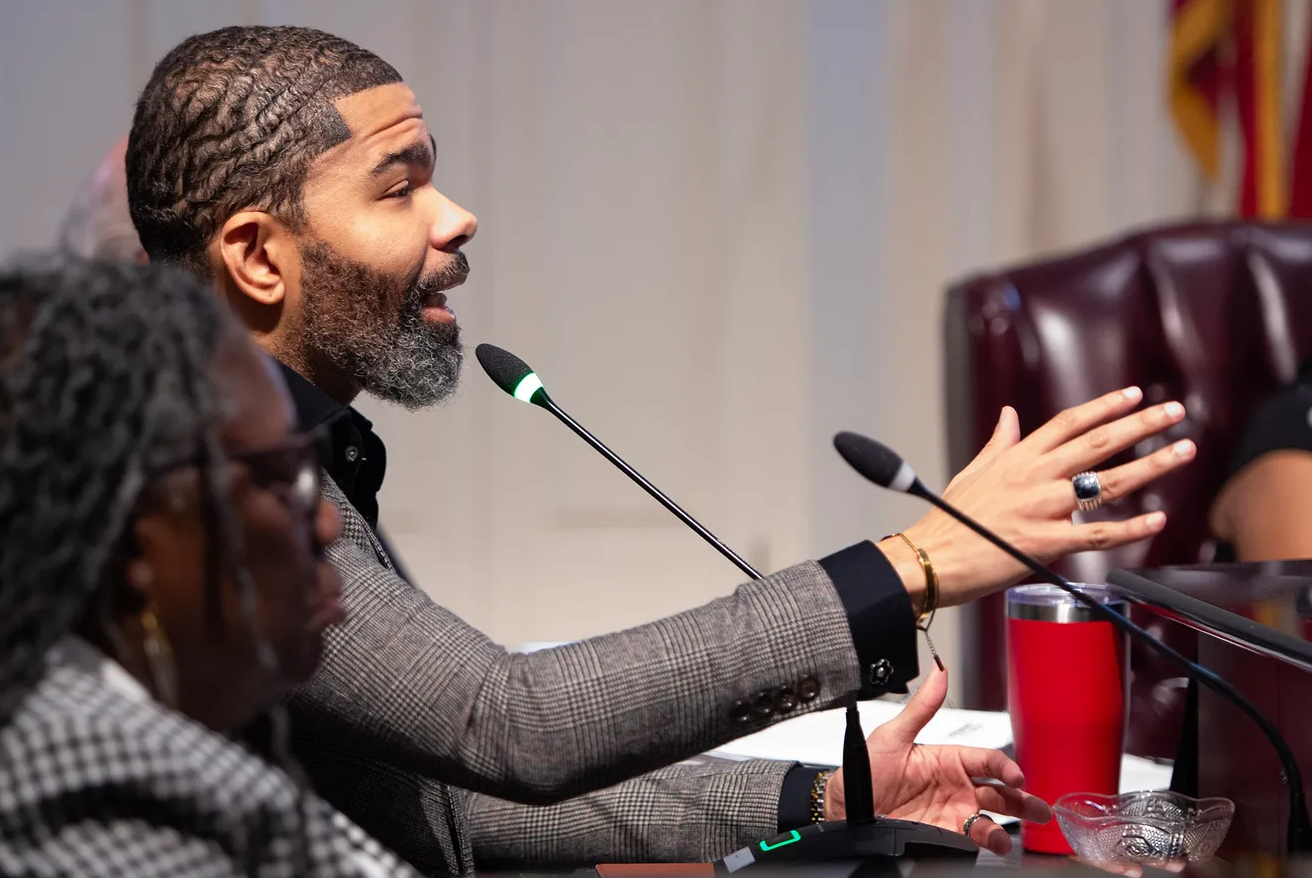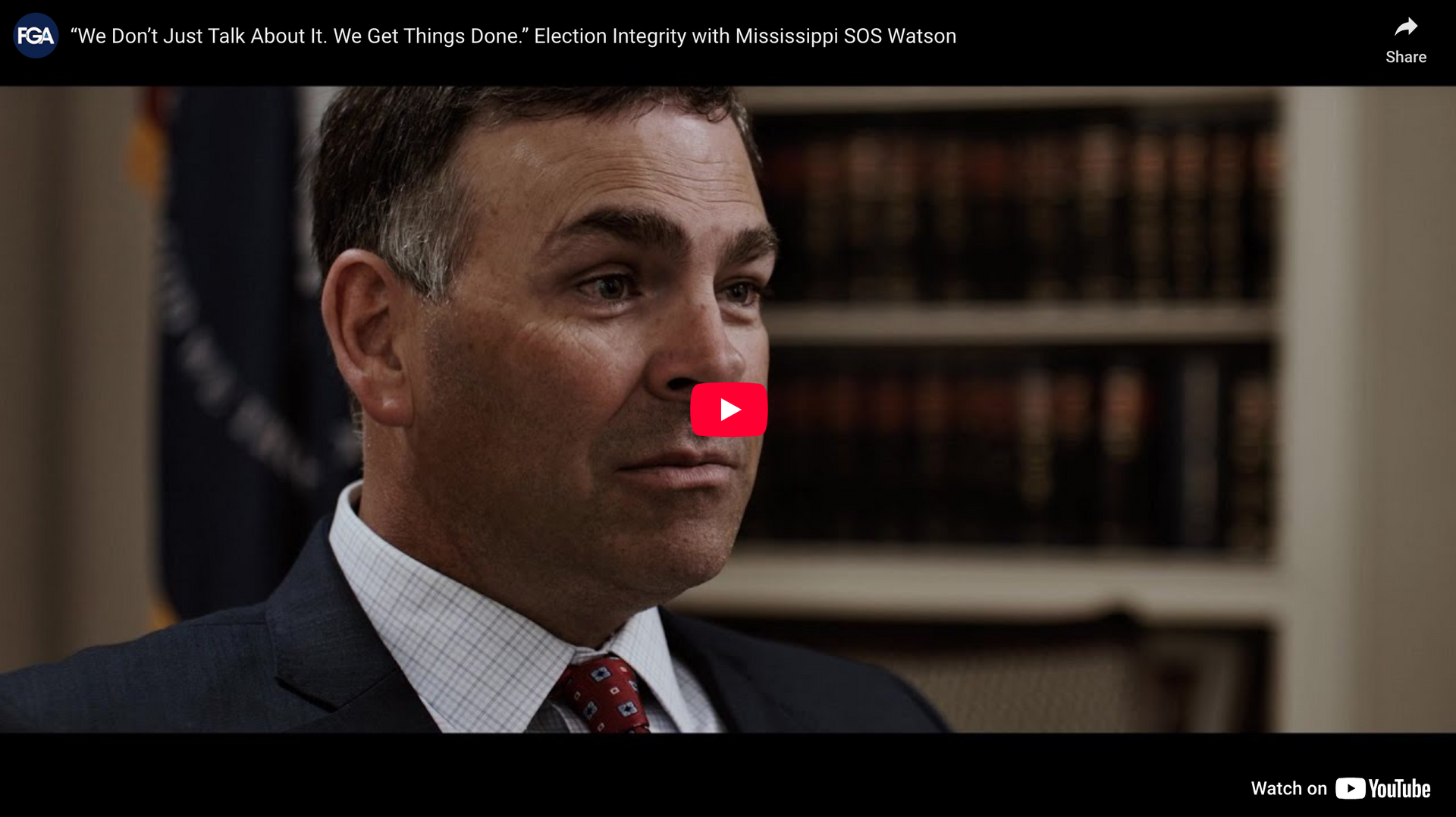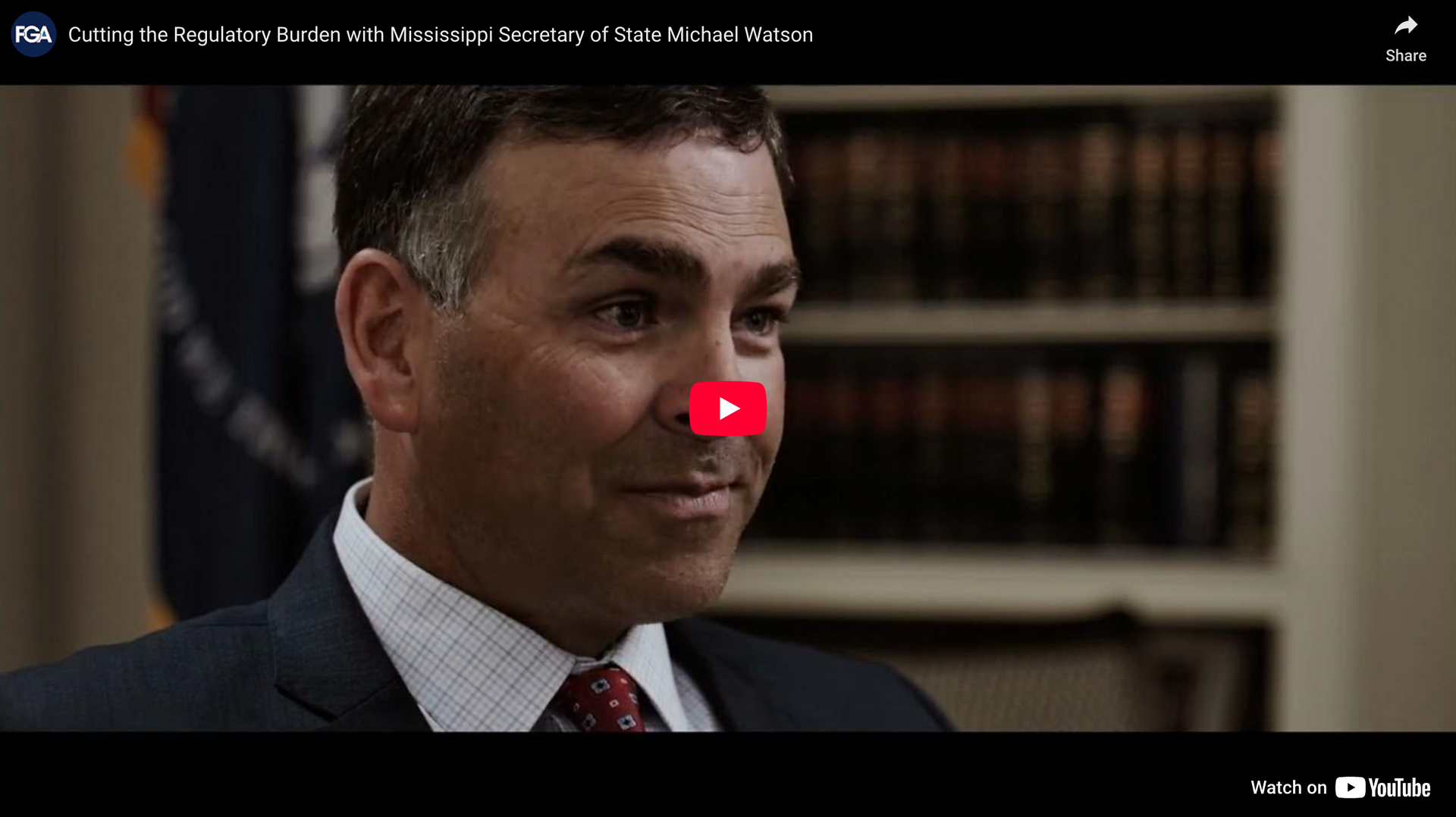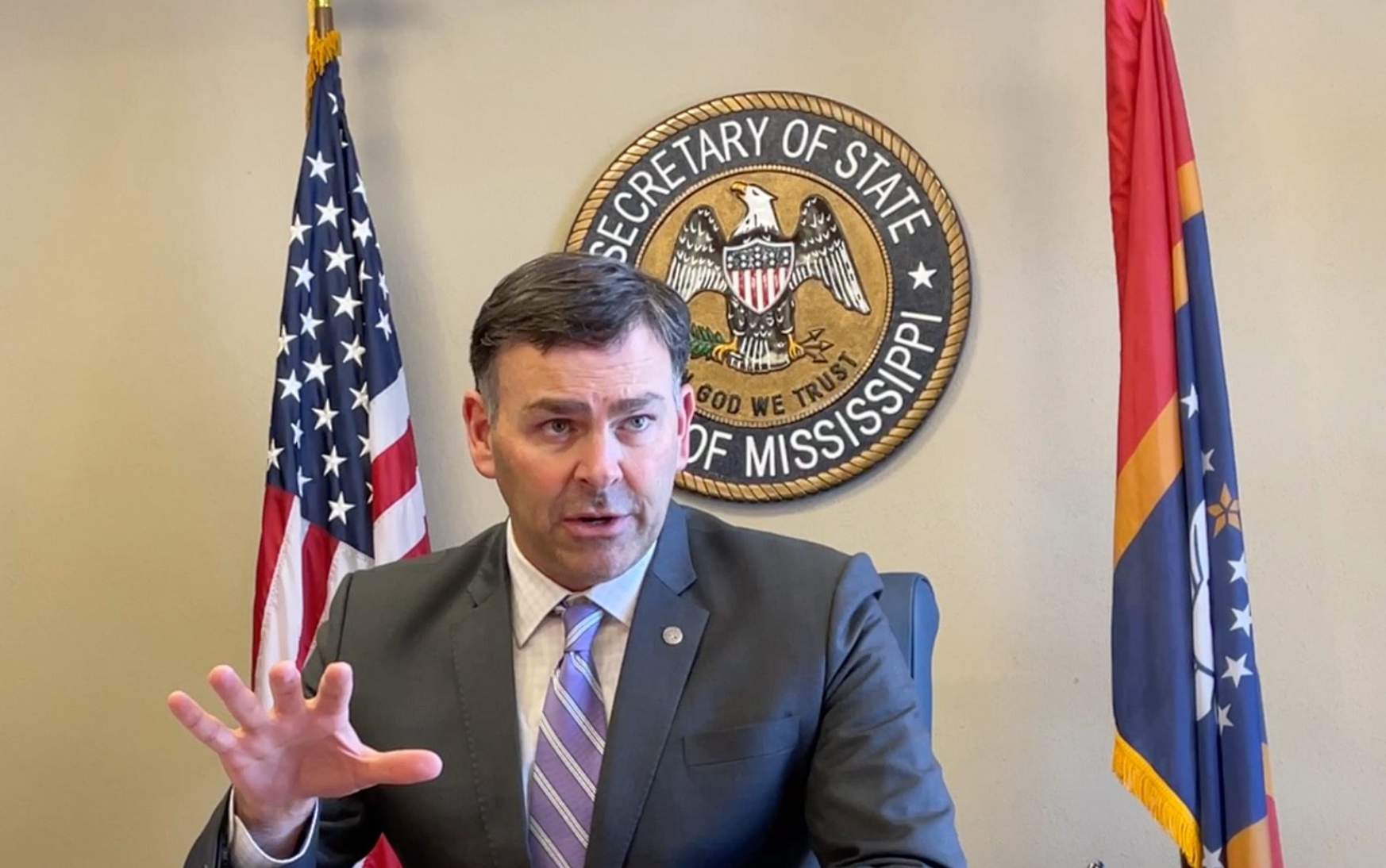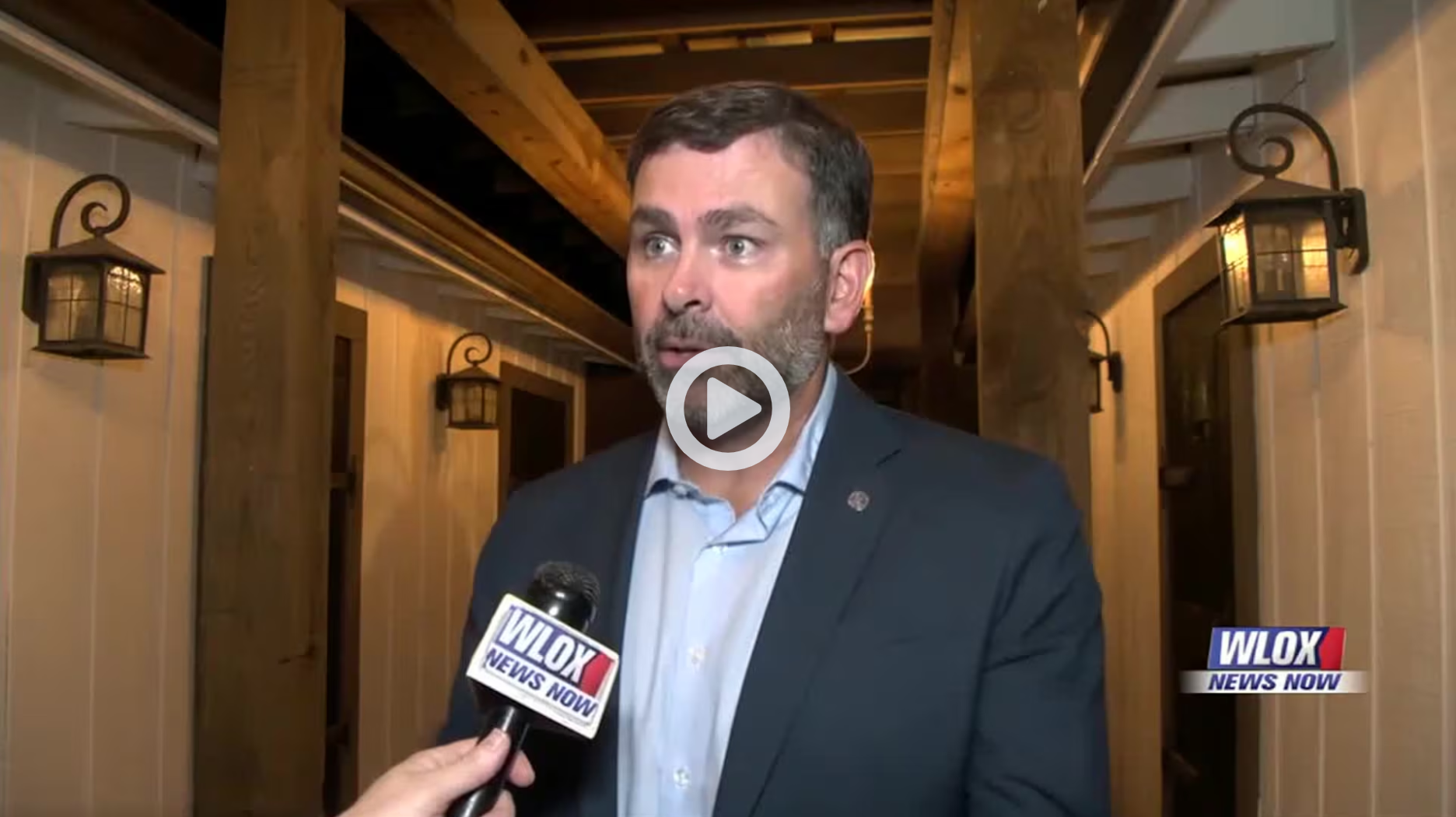Secretary Watson argues for stricter campaign finance laws, points to Jackson
(Magnolia Tribue) –Mississippi Secretary of State Michael Watson is taking the “if at first you don’t succeed, try again” approach to a package of campaign finance reforms this session, after a similar effort failed to garner support last legislative session.
During a press conference held late last week, Watson said he will ask legislators this year to enact even more stringent reform than last year.
This year’s proposal would mandate state, county, and local office seekers to electronically file their finance reports on a user-friendly, searchable data system on the Secretary of State’s website.
Currently, candidates can report their campaign contributions via handwritten forms submitted as PDF files. A PDF is far from ideal, Watson said, as some finance forms come in as unreadable.
The online system could be up a running by 2026, Watson said, noting legislative approval is needed.
Watson did not disclose a price tag for the system, but noted that when the system is operational, candidates would file their campaign finance report with the local clerk’s office and the Secretary of State’s office, which would place the document online.
Watson said the Jackson bribery scandal being prosecuted in the state’s capital city “is a perfect example” of how the system is not working.
Jackson Mayor Chokwe Lumumba, who has been indicted by federal prosecutors, has not filed a campaign finance report since 2021, according to his own admission last week.
Mississippi Code § 23-15-811 states that persons who fail to file campaign finance disclosures “shall be guilty of a misdemeanor and upon conviction shall be punished by a fine in a sum not to exceed Three Thousand Dollars ($3,000.00) or imprisoned for not longer than six (6) months or by both fine and imprisonment.”
The statute goes on to note that, “No candidate who is elected to office shall receive any salary or other remuneration for the office until he or she files all reports required by this article that are due as of the date the salary or remuneration is payable.”
The law also disqualifies a candidate who has not filed campaign finance reports from the ballot.
While Secretary Watson did not mention Mayor Lumumba by name, he did say, “I’ve had a lot of questions about the issue here in Jackson where a certain individual wasn’t filing his reports and wasn’t being caught because there was no mechanism there.”
Watson told reporters that cities are to send the campaign finance reports to the Secretary of State’s office.
“They don’t, often times. We get them rarely. But it would make that very clean. Everyone has to follow the same system,” Watson said.
He told reporters that some at the Capitol have expressed concern that areas in their districts lack a reliable internet connection. Yet, the Secretary said the state has made great strides in connecting its citizens and does not see it as a problem.
Currently, campaign finance laws outline that reports must be filed annually by January 31. However, any penalties for failing to file lack teeth. Watson said the new law he’s proposing would impose fines on offenders, and each time a candidate violates the law, the fine will get larger.
Secretary Watson said the system would streamline campaign finance reporting.
“I think if [candidates] got a statewide system, everybody’s on the same playing field, you’ve got a clear mechanism for enforcement,” Watson said. “Whose job is what? What is the penalty? What is the fee? What is this? It just makes it easier.”
“Everyone in state government would be on the same process,” he added.
During his half-hour press conference, Watson also addressed election integrity, telling reporters that in their first match with Alabama, some 8,000 double registrants were found. He said these individuals were registered to cast ballots in both states.
Mississippi signed memorandums of understanding with Alabama, Tennessee, and Arkansas to ensure voters were not double registered in those states, the Secretary said. His office is working with Florida and Georgia on similar MOUs.
The idea that a person is on the voter rolls in two states may seem minor to some. However, Watson said, “it is illegal.”
